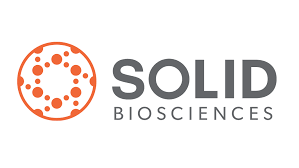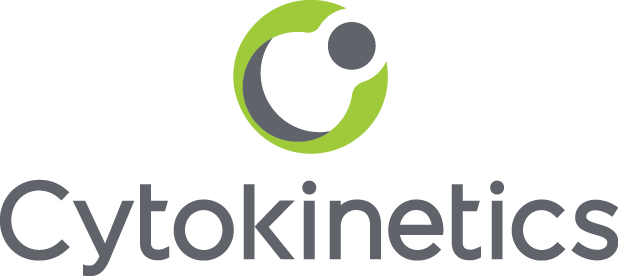Screening Recommendations
According to the Heart Failure Society of America (HFSA) guidelines, (Genetic Evaluation of Cardiomyopathy: A Heart Failure Society of America Practice Guideline), in association with the American College of Medical Genetics (ACMG), it is recommended that family members of patients with Idiopathic Dilated Cardiomyopathy (IDC) undergo clinical screening. Coronary artery disease, infectious causes and drug exposures must be ruled out before recommendations for family members are made. The guideline for genetic evaluation is based upon the knowledge that:
- Familial Dilated Cardiomyopathy is diagnosed in 20 to 35% of patients with IDC, and
- effective treatment for DCM is available. This guideline was created with consensus from experts in the field.
Comprehensive screening includes:
- a history and physical examination by a doctor or other trained health care provider,
- an electrocardiogram (ECG), and
- an echocardiogram.
Who should be screened in my family if I have a diagnosis of IDC?
According to the HFSA guidelines, screening is recommended for parents, children, and siblings (i.e. first-degree relatives) of individuals with IDC. That is, if an individual is newly diagnosed with IDC, we recommend screening of their first-degree relatives, regardless of whether those relatives are experiencing any symptoms.
DCM Treatment Options and Lifestyle Tips
DCM can be treated. Medical therapies such as angiotensin-converting enzyme (ACE) inhibitors and beta-blockers are very effective in improving heart function and even reducing heart size in most individuals. It is our hope that current DCM Research will lead to improved treatment for individuals with DCM.
- Keep good records of your own and your family members’ medical care.
- Hold onto your own and other family members’ medical records and death certificates, which may prove valuable in constructing your family history.
- Reach out to your family members to share family history information and recommendations for individuals with IDC.
- Discuss your concerns about personal or family members risk with a genetics professional.
- If possible, get involved in a research project that may identify DCM genes in your family involved with DCM and lead to improved treatments. Even if participation in research may not benefit you or your family directly, your participation will certainly benefit society by advancing knowledge in the field.








